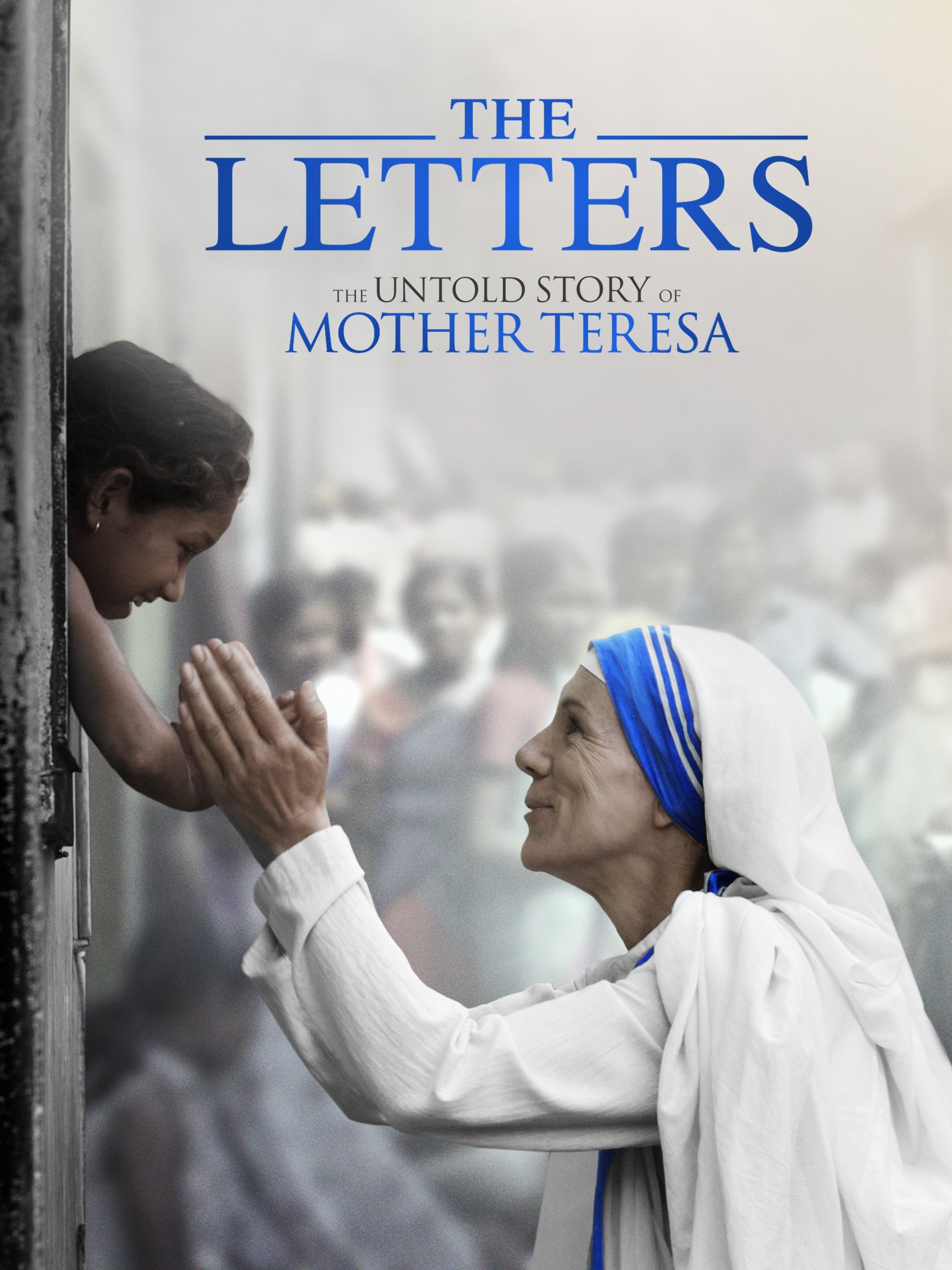Directed by: William Riead

It is one of the fascinating facts of the almost completely random world of movie release dates that The Letters and Spotlight came out within days of each other. Combined with Concussion, three completely different views of the Catholic faith are presented to the American movie-going public this Christmas season. Spotlight presents the secular, look-how-bad-religion-makes-us, viewpoint, though by no means as hatefully as it could. In fact the movie treats the faith overall with a great deal of respect, centering its focus only on the aberration which was the pedophilia scandal. (For more on this balance, see my review of Spotlight). Concussion centers its attention on two faithful Catholic believers whose faith enables them to face the racial profiling and common distrust of someone who brings the truth into a situation fraught with deceit, double-dealing and “good men who do nothing”. The Letters moves into the realm of the clergy and how those who have made it their lives to be devoted to Christ through the service of the poor in the workplaces of the Church actually accomplish that calling.
Like other movies with difficult story lines to convert into film—In the Heart of the Sea comes to mind—The Letters makes its story viewable by resorting to the device of flashback. Father Praagh (played by Rutger Hauer), a Vatican priest in charge of examining the facts of the case for sainthood of Agnes Bojaxhiu, better known as Mother Teresa, comes to the home of her religious mentor, played by Max Von Sydow and discovers that she had entrusted her mentor with letters she had written in her private moments, describing her doubts and deepest fears. Would these letters derail a popular sainthood or not?
This is the tension that the movie is supposedly built around, but it fails to develop that tension well. Instead The Letters slips far too often into hagiographic biopic. Juliet Stevenson is very good in a demanding role; I cannot think of anyone carrying it off better. The fault does not lie with her and her performance. It lies with the script, which fails to highlight adequately what the nature of Mother Teresa’s difficulties with her faith actually were.
A second reason the tension fails is that the flashforwards to Hauer and Von Sydow don’t happen often enough or in a well-integrated enough fashion. Mostly they just advance the story a number of years without disconcerting the viewer. Sadly, the two men do not get to spar together over the letters; in fact the letters are never even read on screen at all, for whatever purpose of copyright, church defense of their saint or whatever I don’t know.
This was one of those movies I don’t want to discourage really; there are too few efforts at presenting a saint like Mother Teresa in all her humanity. And this is not a bad movie, despite the strange feeling that one regularly has during the film that one is not really seeing the streets of Calcutta but a movie studio in London somewhere. In spite of a meagre script and poor production values, the story of this woman’s dedication to Christ and her incredible discipline in carrying out her calling to the disadvantaged of India is adequately enough handled here to inspire us, and perhaps this is enough.
Drew Trotter
December 8, 2015